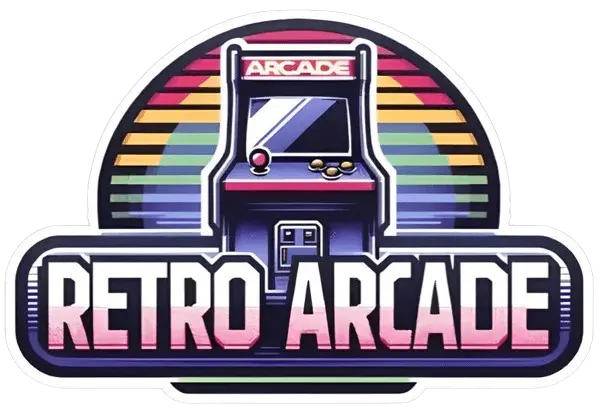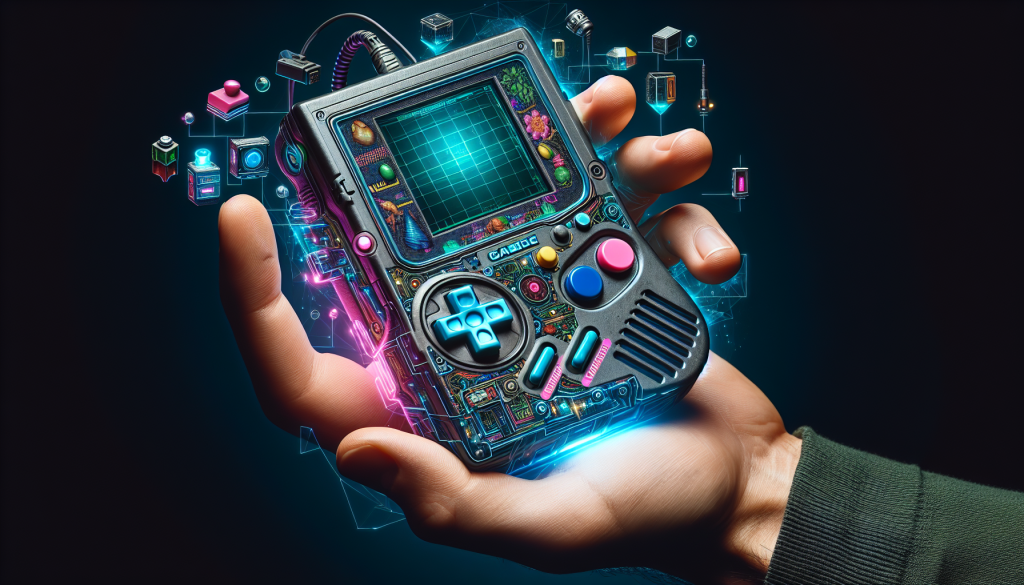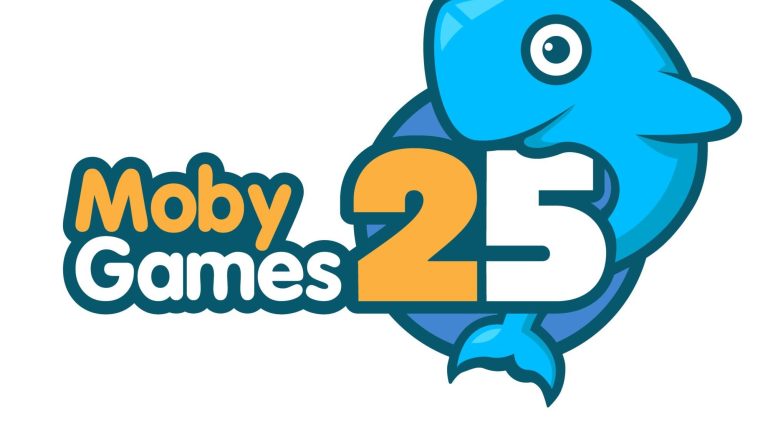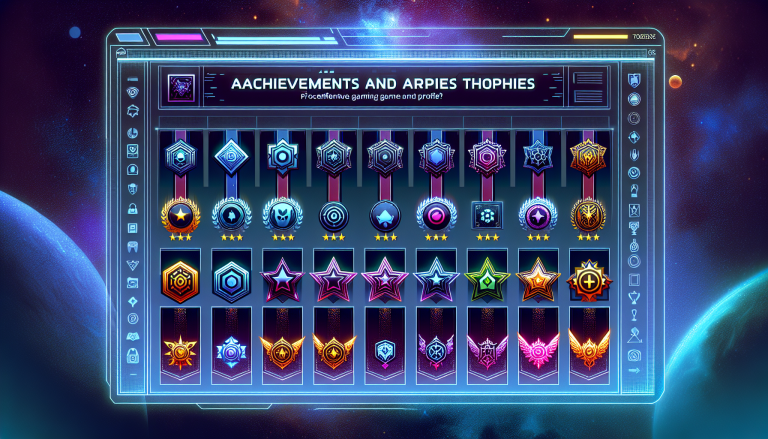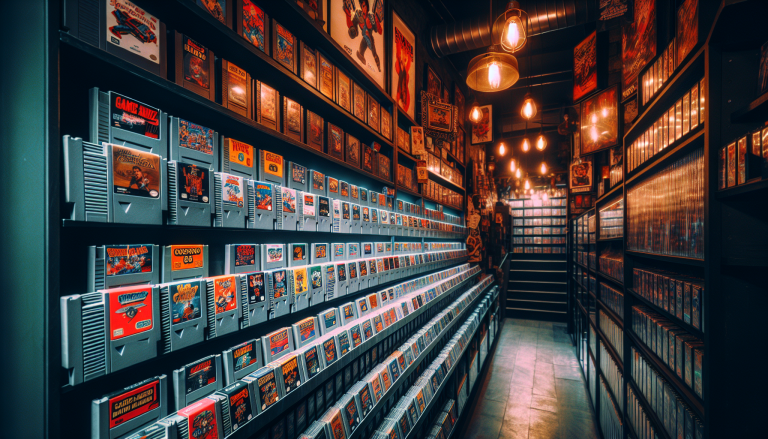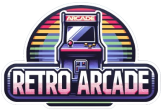Welcome, fellow gamers! Today, we’re diving into the fascinating world of fan-made games. Whether you’re a die-hard fan of a particular franchise or simply enjoy exploring unique gaming experiences, fan-made games offer a whole new level of excitement and creativity. So, grab your controllers and let’s take a closer look at what makes these games so special.
1. Understanding Fan-Made Games: A Brief Overview
Fan-made games, as the name suggests, are games created by passionate fans of existing franchises. These games can range from simple mods and enhancements to full-scale, standalone games. They are often developed as a labor of love and a way for fans to express their appreciation for a beloved series.
What sets fan-made games apart is the sheer dedication and creativity that goes into their development. Fans pour countless hours into designing levels, crafting characters, and even composing original music. The result is a unique gaming experience that offers a fresh take on familiar worlds.
One of the most intriguing aspects of fan-made games is their ability to provide a new perspective on well-known franchises. They can explore untold stories, delve into unexplored corners of the game world, or even reimagine the gameplay mechanics. These games allow fans to become creators themselves and bring their own vision to life.
Furthermore, fan-made games often foster a strong sense of community. They bring fans together, allowing them to share their creations, collaborate on projects, and engage in lively discussions about their favorite games. This sense of camaraderie adds an extra layer of enjoyment to the gaming experience.
However, it’s important to note that fan-made games operate within a complex legal landscape. Let’s dive into the copyright concerns surrounding these games in our next section.
Copyright Concerns: Navigating the Legal Landscape
In the exciting world of fan-made games, there is one topic that always seems to come up: copyright concerns. It’s a complex and often confusing area, but understanding the legal landscape is crucial for anyone looking to create or enjoy fan-made games without running into trouble. Copyright is a legal protection that grants exclusive rights to the creators of original works, such as books, movies, and video games. This means that only the copyright owner has the right to reproduce, distribute, or adapt the work. Unauthorized use of copyrighted material can lead to legal consequences, including lawsuits and the removal of fan-made creations. For fan-made game creators, this can be a daunting challenge. Many fans are passionate about their favorite franchises and want to express their creativity by making their own games. However, they must navigate the legal landscape carefully to avoid infringing on copyright. One important consideration is the concept of fair use. Fair use is a legal doctrine that allows limited use of copyrighted material without permission from the copyright owner. It is designed to strike a balance between protecting the rights of creators and allowing others to use copyrighted works for purposes such as criticism, commentary, or parody. Determining whether a particular use falls under fair use can be subjective and depends on several factors, including the purpose and character of the use, the nature of the copyrighted work, the amount and substantiality of the portion used, and the effect of the use on the market for the original work. To stay on the right side of the law, fan-made game creators should consider these factors when incorporating copyrighted material into their games. For example, using small snippets of copyrighted music or images for educational or transformative purposes may be more likely to be considered fair use. Another option for fan-made game creators is to seek permission from the copyright owner. Some copyright holders are open to allowing fan-made games as long as certain conditions are met. This can include obtaining a license or adhering to specific guidelines set by the copyright owner. It’s worth noting that even with permission, fan-made game creators need to be mindful of their use of copyrighted material. They should still strive to add their own creative elements and not rely solely on existing material from the original work. Ultimately, the key to navigating the legal landscape of fan-made games and copyright is to be informed and make educated decisions. While it can be challenging, there are opportunities to create fan-made games within the limitations of copyright law. By understanding fair use, seeking permission when necessary, and adding their own creative touch, fan-made game creators can express their love for their favorite franchises while respecting the rights of the original creators. So, if you’re thinking about creating or enjoying fan-made games, take the time to familiarize yourself with the legal landscape. It’s an essential step in ensuring that fan creativity can thrive while still respecting the rights of copyright owners.Challenges of Fan-Made Games and Copyright
Welcome back, fellow gaming enthusiasts! Now that we have explored the legal landscape of fan-made games, let’s dive into the challenges that arise when creating these games while respecting copyright laws.
1. Intellectual Property Infringement: The most significant challenge faced by fan-made game developers is the risk of infringing on someone else’s intellectual property rights. This includes using copyrighted characters, stories, music, or any other copyrighted elements without permission. It’s crucial to remember that just because a game is created by fans doesn’t mean it’s exempt from copyright laws.
2. Limited Resources: Fan-made game developers often face resource limitations, such as time, funding, or technical expertise. Unlike professional game developers, who have dedicated teams and budgets, fans may have to juggle their passion project alongside their day jobs or academic commitments. This can make it challenging to create a polished and fully realized game.
3. Quality Control: Maintaining the quality of a fan-made game can be a challenge, especially if the development team lacks the necessary skills and experience. Creating a seamless user experience, addressing bugs and glitches, and ensuring the game is enjoyable and engaging can be demanding without professional guidance and support.
4. Community Expectations: Fan-made games often generate high expectations from the community, especially when they are based on popular franchises. Fans eagerly anticipate these games, hoping for an experience that matches or exceeds the quality of official releases. Meeting these expectations can be a daunting task, adding pressure to the already challenging process of game development.
5. Copyright Holders’ Response: While some copyright holders may turn a blind eye to fan-made games, others may actively pursue legal action to protect their intellectual property. This can result in the takedown of the game, cease and desist letters, or even lawsuits. It’s essential to respect copyright holders’ rights and be prepared for any potential legal consequences.
6. Community Acceptance: Fan-made games often face scrutiny and skepticism from both the gaming community and copyright holders. Some fans may view these games as inferior or unoriginal, while copyright holders may see them as a threat to their brand or revenue. Overcoming these perceptions and gaining acceptance from both camps can be a challenge for fan-made game developers.
Despite these challenges, there is still hope for fan-made games to flourish within the limitations set by copyright laws. By navigating the legal landscape carefully and following best practices, fan-made game developers can overcome some of these obstacles.
For instance, seeking legal permission or licensing from copyright holders can help ensure that your game avoids potential infringement issues. In some cases, copyright holders may even collaborate with fan-made game developers, allowing them to create official spin-offs or adaptations.
Additionally, embracing originality and creativity can help differentiate fan-made games from their official counterparts. By incorporating unique gameplay mechanics, captivating storylines, or innovative art styles, fan-made games can carve out their own niche and gain recognition from the gaming community.
Lastly, fostering open communication and collaboration within the fan-made game community can be beneficial. Sharing knowledge, resources, and experiences can help aspiring developers overcome challenges, learn from one another, and collectively elevate the quality of fan-made games.
Remember, while fan-made games face challenges, they also offer a fantastic opportunity for fans to express their creativity, connect with like-minded individuals, and pay homage to the franchises they love. By understanding and respecting copyright laws, fan-made game developers can navigate these challenges and create memorable gaming experiences.
